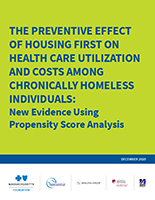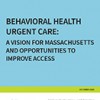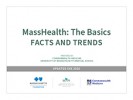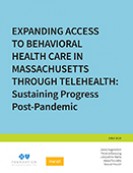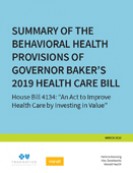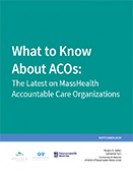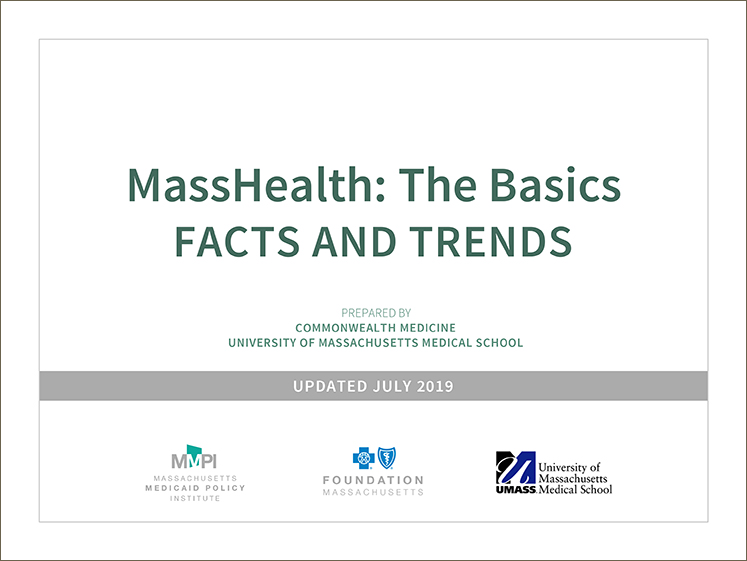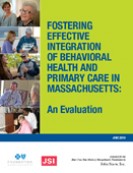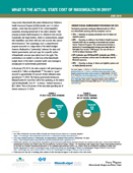UPDATED! MassHealth and ConnectorCare Enrollment Tracker
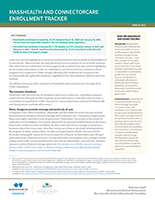
This resource highlights the most recent monthly enrollment data available for MassHealth and ConnectorCare — the two most prominent sources of publicly financed health insurance in Massachusetts. The compiled data and highlighted trends described in this resource are intended to help policymakers, health care stakeholders, and others track how enrollment in these programs has changed since the COVID-19 pandemic began affecting public health and the economy of the Commonwealth. This resource will be updated regularly with the latest enrollment data as it becomes available.
Stay up to date on the latest updates to this enrollment tracker by signing up for our email list.

